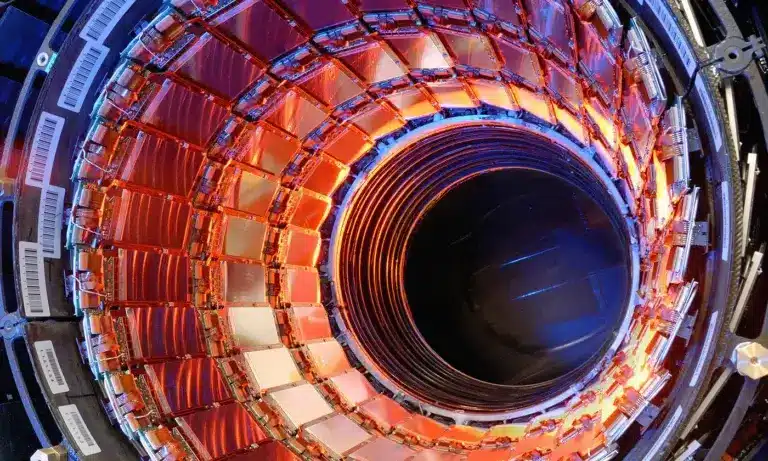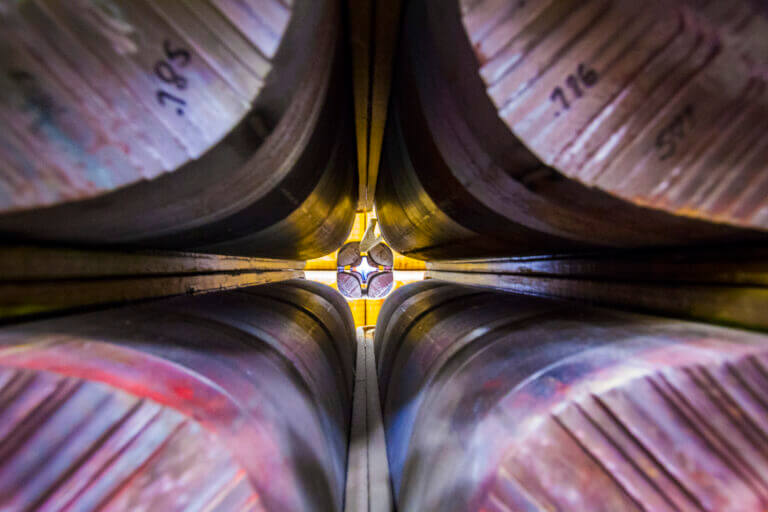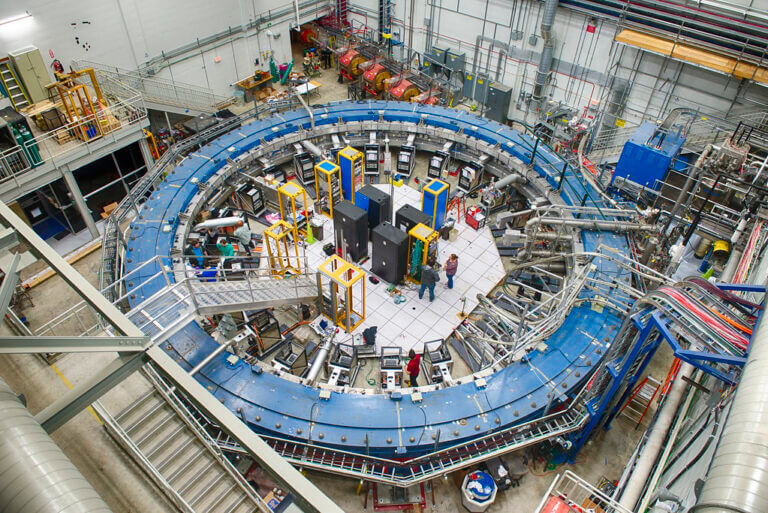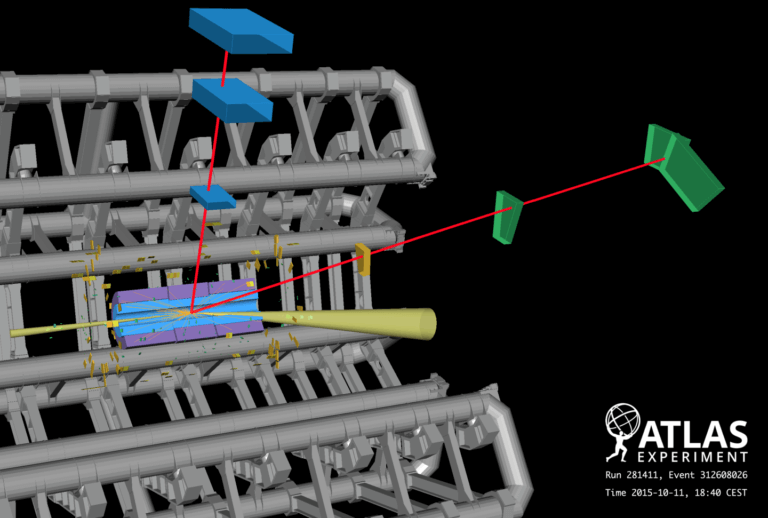Hayadan > from ions
from ions
- Noam Chai
- April 12, 2023
- 3 תגובות
In recent years, physicists from around the world have been discussing the construction of a muon accelerator instead of other conventional accelerators based on protons or electrons. Such an accelerator has clear advantages in discovering new physics, but its construction is accompanied by many technological challenges. In this article I will review the words of Prof. Nima Arkani-Hamed from the Institute for Advanced Studies in Princeton on the need to build such an accelerator.
- Noam Chai
- April 10, 2021
- 149 תגובות
Last Tuesday, the Premilab laboratories in the United States announced that the muon's magnetic moment does not match the theoretical calculations. The experiment conducted in the state of Illinois confirms the anomaly that was discovered several years ago. Is this evidence of a new fundamental force in nature?
- Noam Chai
- April 3, 2021
- 12 תגובות
After almost two decades accompanied by technical and financial challenges, on the XNUMXth of April we heard, perhaps, exciting news from Permilab Laboratories in the United States. The experiment run for the second time was set up to measure the muon's magnetic moment and if a deviation is detected, even the smallest, it may hint at a new elementary particle in nature
- Avi Blizovsky
- August 10, 2020
- 2 תגובות




